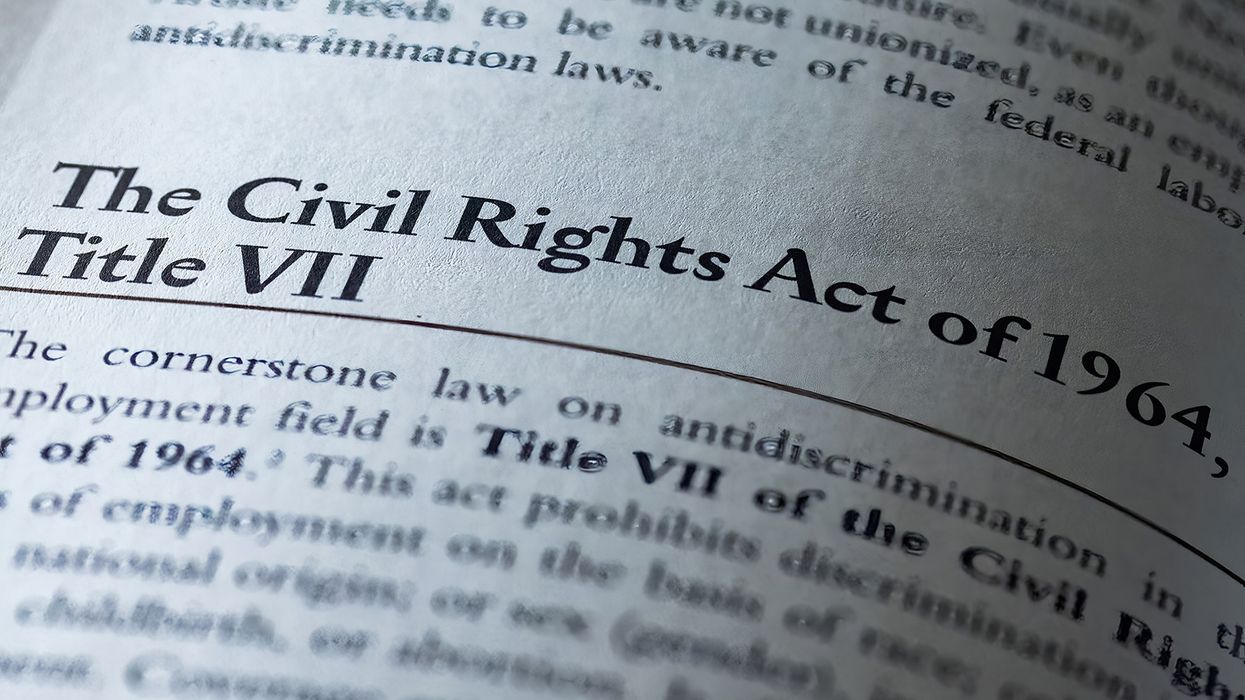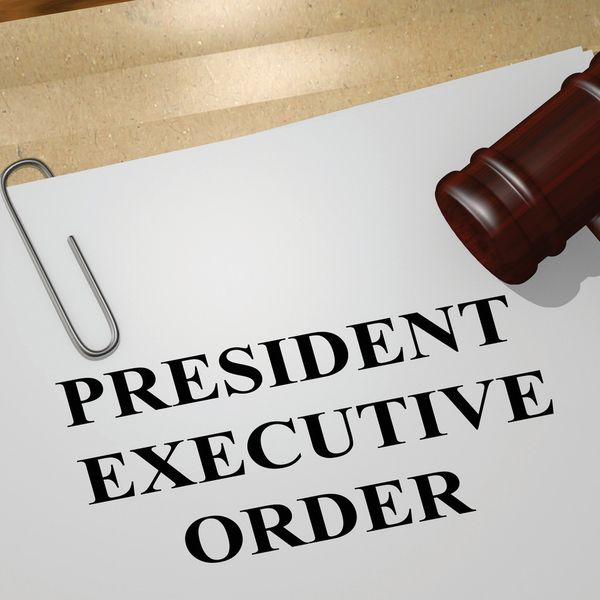New executive order aims to stop one type of discrimination claim
On April 23, President Donald Trump issued an executive order introducing a policy to “eliminate the use of disparate-impact liability in all contexts to the maximum degree possible.”
Disparate impact means indirect discrimination. Discrimination liability cases called “disparate impact” cases involve company policies or procedures that are neutral on their face but have an adverse impact on a protected group. Examples could involve unnecessarily high educational requirements, intended to screen out a larger number of a protected class, or an unduly harsh physical requirement, intended to disqualify a larger number of females. In such cases, the employer must demonstrate the business necessity for the requirement to avoid liability.
Title VII of the Civil Rights Act of 1964 prohibits employment practices that discriminate because of race, color, religion, sex, or national origin. A 1991 amendment to Title VII made disparate-impact discrimination illegal.
The executive order, titled “Restoring Equality of Opportunity and Meritocracy” says “a near insurmountable presumption of unlawful discrimination exists where there are any differences in outcomes in certain circumstances among different races, sexes, or similar groups, even if there is no facially discriminatory policy or practice or discriminatory intent involved, and even if everyone has an equal opportunity to succeed.”
It goes on to say, “Disparate-impact liability all but requires individuals and businesses to consider race and engage in racial balancing to avoid potentially crippling legal liability.”
While this executive order does not repeal Title VII or its disparate-impact amendment, it will likely have the effect of limiting how federal agencies — especially the Equal Employment Opportunity Commission — handle discrimination charges.
Disparate-impact liability charges can still be filed, however, to comply with this executive order, the agency will not pursue these charges.
What does this mean for employers
While disparate-impact liability cases will likely cease to be heard at the federal level, private lawsuits can still be filed. In addition, state agencies may continue investigating disparate-impact charges under state laws. Therefore, employers should avoid hiring and promotion practices that have an adverse effect on any protected group.
Court challenges to this executive order are likely to follow since Title VII and its disparate-impact amendment are still in place.
Key to remember: To comply with this latest executive order, federal agencies will likely stop pursuing disparate-impact discrimination charges. Claims can still be brought privately, and by state agencies.























































